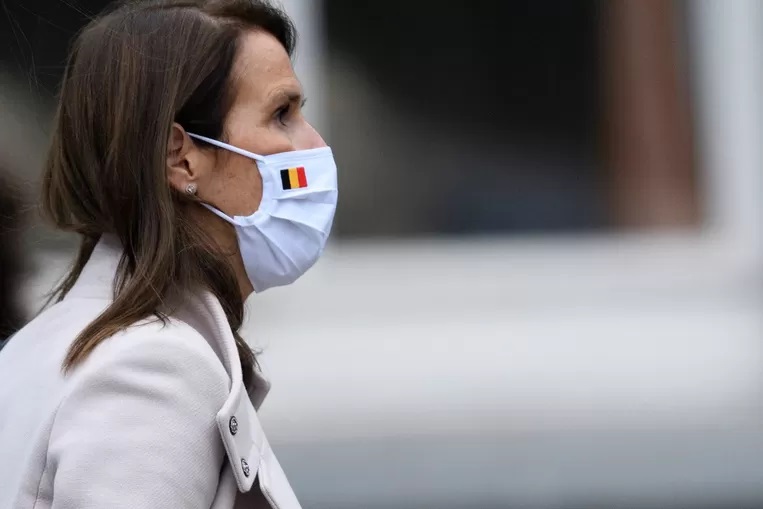Sophie Wilmès, Belgium’s foreign minister, has called for ecocide – causing damage to the planet – to be made a crime under international law.
Wilmès was speaking at the Assembly of States Parties to the Statute of Rome, which created the International Criminal Court (ICC). The Assembly took place in The Hague, although Wilmès attended only via web-link.
The assembly dealt mainly with internal administrative matters, including the Court’s budget, staffing and nominations.
In a statement, Wilmès began by reminding the assembly of the Court’s duty to represent the most vulnerable in the world, and the role Belgium had played over the last two years as a member of the Security Council of the United Nations – a position that comes to an end tomorrow.
After various other formalities, she turned her attention to ecocide – broadly speaking, the crime of causing deliberate damage to the environment. The ruling accords drawn up by the Belgian coalition led by Alexander De Croo and supported by Wilmès, party MR, contain a commitment “to investigate and pursue diplomatic initiatives (...) to curb the crime of ecocide (...)”. The passage is assumed to have come at the demand of the Ecolo-Groen faction of the coalition.
But what exactly is ecocide?
“The term has been around since the 1970s, after the US military deployed the pesticide Agent Orange in the Vietnam War,” explained environmental law expert and Groen politician Hendrik Schoukens in De Morgen. “After that, the idea arose that we should not allow such large-scale damage to the environment to go unpunished.”
The US, famously, has refused to join the member states of the ICC, and the Trump Administration has gone so far as to carry out a campaign of legal harassment of ICC judges and officials.
What chance of ecocide becoming a crime, and following on from that, of bringing those who carry out the crime to justice?
“A long procedure is required to have the crime recognised,” professor of international law Jan Wouters (KU Leuven) told the paper. To start with, two thirds of the treaty parties must declare their agreement. The chance that this will happen soon is small, he said. Wilmès statement is more of a symbolic act than a legislative one, and a “loyal implementation of the coalition agreement”.
The De Croo administration, meanwhile, will take a first step – also provided for in the governing accords – of examining the possibility of making ecocide here in Belgium.
The fires in the Amazon rain forest in 2019 raised for the first time the issue of ecocide. The fires which have continued in 2020 are the largest in decades and – as appears from satellite images – are not caused by the dry season but in most cases intentionally set by farmers, ranchers and loggers to clear land for agriculture and pasture for beef production for export.
The intentional damage to the rainforest in Amazon goes far beyond Brazil and affects the whole planet. It runs against EU’s global forest strategy and should be classified as an international crime against humanity.
Wilmès also took the opportunity to offer her support and that of the Belgian government to the candidacy of Laurence Massart as one of the six new judges to be appointed to the court when the assembly resumes in January in New York. Massart has had a long history of 25 years as a criminal magistrate, and is now first president of the court of appeal in Brussels.
Alan Hope
The Brussels Times

